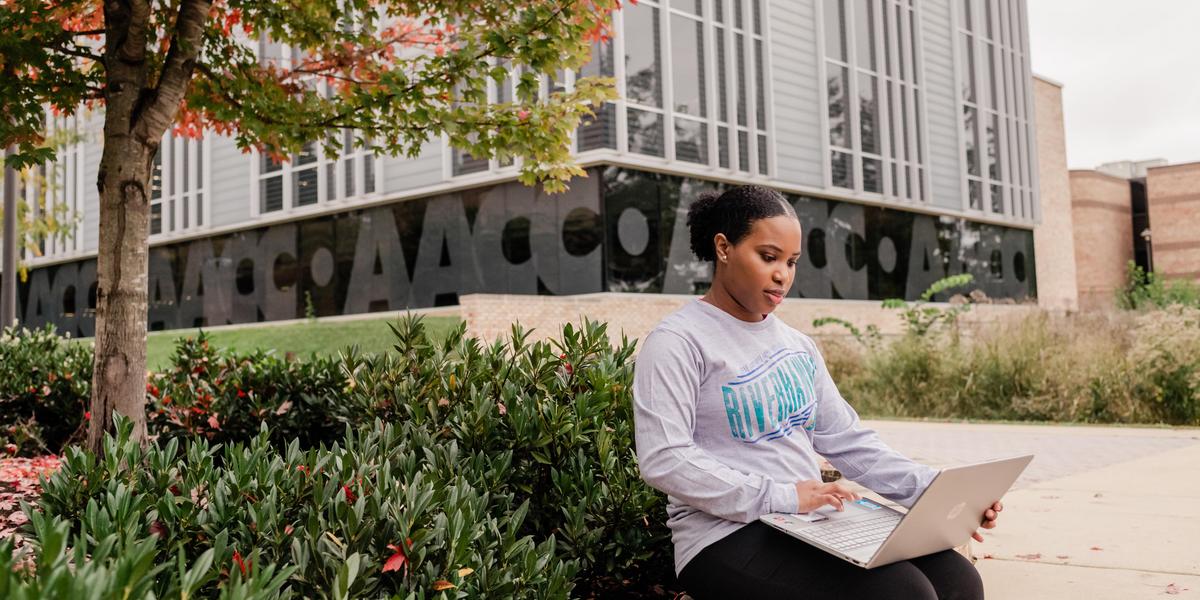
We are committed to fostering an inclusive and supportive environment where every student can thrive academically, personally and socially. We understand that each student brings unique strengths and challenges to their educational journey, and we are here to provide the necessary support and resources to ensure that you have equal opportunities for success.
Check out a preview of the resources offered at AACC below.
As part of our commitment to serving students with disabilities, we host an annual event for high school juniors and seniors called "What's Next?" every President's Day. This event serves as an opportunity for you to learn about the resources and accommodations tailored to your individual needs, connect with other students, participate in activities and tour the campus. You will receive an invite from your high school ahead of time to attend this event.
For questions about the event, email [email protected].
When you come to AACC, the services we offer might look different than what you were used to in high school. The table below explains the differences.
| High School | College |
|---|---|
|
Services are provided under IDEA or Section 504. |
Accommodations are provided under ADA and Section 504. |
|
IEP is mandated and followed. |
High school IEP ends. There is no IEP at the college level. |
|
Parents are involved actively in the planning and decision-making process. |
Student is considered an adult and must advocate for him/herself. Parent involvement is limited. |
|
School districts are responsible for identifying and evaluating disability at no cost to the student or family. |
Student must self-identify and provide appropriate current documentation based on college’s requirements. The college is not responsible for the payment of evaluations. |
|
Parents sign documents for student. |
Student signs all documents. |
|
High school personnel have the responsibility to try to modify inappropriate behavior caused by the disability into appropriate behavior. |
Student is responsible for his/her own behavior; inappropriate behavior is not tolerated. |
|
Tests and questions often are modified or shortened. |
Colleges provide equal access, not modifications. |
|
Special educators inform teachers about a student’s accommodation needs. |
Student needs to talk to his/her teachers about accommodation needs. |
|
Student is scheduled to see resource personnel on a routine basis. |
Student must initiate requests. |